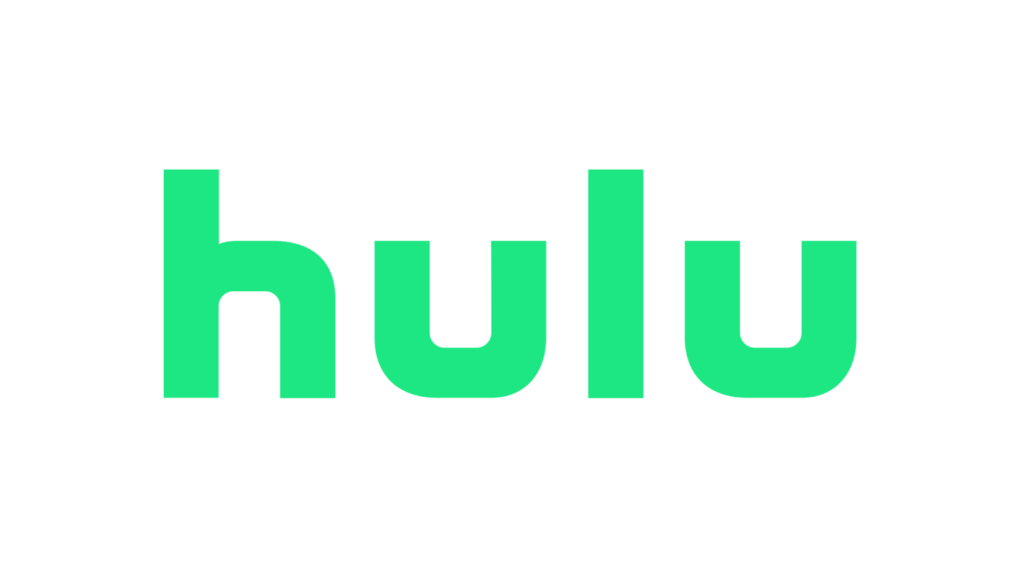The machinations around Hulu this week have more layers than filo bread. And for those of us who obsess over analyzing every comment that spills from the often calculating mouths of senior media executives, it has been an especially tantalizing few days. Just to recap the situation, Comcast has the right to forcibly sell back its one-third Hulu stake to Disney as early as 2024, valuing the streaming service at $27.5 billion on the low end and even more if its valuation goes higher at the time of the sale.

Only a few hours after Disney CEO Bob Chapek suggested at this week’s Goldman Sachs conference that he’d like to work out a deal with Comcast sooner rather than later (i.e., now), Comcast CEO Brian Roberts took the stage to hint that, actually, he might be interested in buying Hulu outright rather than forcing Disney to buy back Comcast’s stake. Calling Hulu a “phenomenal business,” Roberts said if it were for sale, “Comcast would be interested and so would a lot of other tech and media companies. You would have a robust auction. There has never been a pure play, fabulously scaled streaming service put on the market.”
That’s an incredible statement. And it’s a 100% clear signal to Chapek that his world of options just got a whole lot tastier, as many analysts have pressured Disney to justify running two major streaming services with different missions – especially considering that Disney+ just reported a gangbuster quarter in which it added 14.4 million subs, bringing its global sub count to 152.1 million. Disney+, not Hulu, remains the obvious vehicle and better fit for the overall Disney brand. Let’s remember that Disney stumbled into a majority stake in Hulu after it acquired 21st Century Fox. Hulu was never a big driver of that deal and has always been a somewhat accidental asset in the Disney portfolio (although a strong one at that).
And that’s the thing. Whether Disney originally cared much about controlling Hulu, it has spent the last three-plus years building it into one of the most recognizable brands in streaming and using it as a convenient repository for all that “non-Disney-ish” content. It’s hard to imagine FX’s “Sons of Anarchy” landing on Disney+ any time soon, so Hulu’s existence serves a vital purpose for IP that Disney likely would license out to others rather than fully associate with its brand or dare try to awkwardly rope off into a password-protected area of Disney+. And while licensing content can be lucrative (just ask Lionsgate), it might be a better long-term play to keep as much of it “in house” as possible. Yet it’s unclear that Chapek sees it that way, considering that he seemed to advocate the opposite at Goldman Sachs, suggesting the company may fuse Disney+, Hulu, and ESPN+ into one mega-service tied to theme parks and other assets. This alludes to the membership model that everyone’s talking about, and there’s no doubt that Hulu adds value to that equation as a long-term customer acquisition and retention play.
Next? The most intriguing aspect of this Chapek-Roberts “drama” is that Roberts spoke after Chapek. Obviously, Roberts heard Chapek talk about creating such a dominant force and may have thought to himself, “I better tempt Bob with a multi-billion dollar payday before he tries to suck up all the streaming oxygen in the universe.” The truth is that owning Hulu would benefit Comcast immensely in the short term. Rather than continuing to slowly build Peacock as a solo venture, it could immediately merge it with Hulu and have much better scale relative to Disney+ and Netflix, not to mention Paramount+. It would catapult Comcast NBCU into the streaming big leagues and deny Disney a home for its edgier IP. Assuming a bidding war, Hulu could sell for $30 billion-plus. That’s a lot of temptation for Chapek, considering that the alternative is buying Comcast’s stake for several billion. A multi-billion windfall also could give Disney multiple acquisition options, although it’s fair to ask what’s left out there that Disney would actually want or need at this point. You could make the case the keeping Hulu is the best hedge for more adult-oriented, non-branded fare.
None of us can get inside these guys’ heads, nor would we probably want to be stuck rattling around in there, beset on all sides by whatever Media Superhero cosplays unfold as they plot out the future of content. But while both carry the heavy burden of satisfying investors, Wall Street, and a chattering news media, the truth is that they will likely spend this weekend weighing some intriguing possibilities. None of them are necessarily bad for either party. But hindsight is always 20-20 in media. We’re guessing Bob and Brian will be okay either way.
